May 2: 🧭 The Switch that Opened The World
How uncensored coordinates sparked a worldwide treasure hunt
The Spiritual Almanac is a weekly, free email newsletter based on the calendar that explores spiritual practices and mindfulness for modern living.
May 2: Big Blue Switch Day Anniversary
The calculations of today's GPS satellites are based
on the equations that Einstein put to paper
more than a century ago. —Barack Obama
Despite being reported to the police twice, lost to the point of desperation, and shunned by family members, the lure of searching for hidden treasures runs deep.
How else would you know where to find the bullet hole in a statue from the University of Texas Tower shooting in 1966? Or meet Santa Claus, who runs a toy train in the backwoods of Massachusetts? Or sit on the same meeting house pew that Benjamin Franklin sat in Philadelphia?
I have found these hidden gems from Belize to Mexico, Key West to Cape Cod—all available when the federal government pressed the Great Blue Switch twenty-four years ago today.
The Great Blue Switch
Before 2000, precise GPS technology was restricted to the military.
But on May 2, 2000, just past midnight, the U.S. government discontinued using Selective Availability to make GPS accessible to anyone with a GPS device.
Twenty-four satellites encircling the globe received their new commands, and instantly, tens of thousands of GPS receivers around the world had an instant upgrade.
Testing the newly accessible GPS technology, a computer consultant quickly hid a navigational target in the woods.
The Birth of Geocaching
And as they say, the rest is history.
It took me five years after the Big Blue Switch to discover geocaching—a worldwide recreational activity with over 3 million active caches. I bought a huge GPS device (remember, there were no smartphones then) that resembled a Maxwell Smart’s shoe phone with an antenna.
Imagine my joy when I found my first geocache, "Cache of the Lab Rats." When you find a traditional cache filled with items, you take a treasure and leave one for other explorers. There's a physical logbook to sign, and you can also post your discovery online.
But geocaching is more than finding containers or trinkets hidden in the woods. It's about connecting with nature, discovering new places, and learning exciting facts. Each cache has its own story and history, adding an extra layer of excitement to every find.
And there are so many benefits to geocaching!
Physical Activity
Many of us spend too much time indoors and in front of screens. Geocaching gets you outside, exploring new places, getting your body moving. It's a great way to get some exercise while having fun.
Here I am sixteen years ago, caching with my friend Patti in New England. She’s one of those I can always count on going geocaching with me.
When you get into a groove, moving from one cache to another (cache series are great for this), you have walked quite the distance before you even realize it.
Teamwork
Geocaching is an excellent solo activity, but it’s a different group experience. You can work with friends or family members to search for caches, making memories along the way.
Of course, some of these memories can backfire, as it has for me. To this day, I have family members who refuse to geocache with me after getting severely lost or finding ourselves in sketchy places.
Serendipity Adventures
Not only does geocaching provide an exciting outdoor activity, but it also introduces you to new places you may not have seen otherwise. It encourages the freedom to embrace serendipitous moments, giving you a unique and unexpected experience every time you go out.
During geocaching, I found a small natural waterfall within easy walking distance from one of my family members' homes. She was shocked to learn she had never heard about it after living for years near it.
Community
But what makes geocaching truly special is its community. There's camaraderie among cachers. We have to watch for muggles (non-geocachers) when on the hunt.
There are organizing events and meetups to share our experiences and swap travel bugs (trackable items placed in caches). It's a great way to meet new people and make friends with a shared love for adventure and exploration.
Problem-Solving Skills
Although I'm not a puzzle fan, using your brain to find cleverly hidden caches is so much fun. I once had a geocaching friend ask me to meet him at a cache location to help him find it. He was having trouble sleeping because he couldn't figure it out.
After much collaboration and searching, an idea struck. The cache was hidden inside a door's peephole on the outside of the door. It was a clever and unexpected hiding spot we would have only thought of when working together.
Improving Navigation
Geocaching enhances navigation skills by teaching the use of GPS coordinates and maps to locate caches, which is an excellent activity for children.
Full disclosure: I still get lost, but that's just me.
Following Rules
Geocaching has rules that a faithful geocacher must follow.
Treat every cache with care
Each cache is carefully placed by someone who wants to share their love for this activity with others. It's essential to treat each cache with care and not cause any damage or harm to the surrounding area.
Respect property
Another aspect of respect in geocaching is being mindful of other people's property. While most caches are placed in public areas, some may require permission from private landowners. Always follow any rules or guidelines the owner sets and leave the area where you found it.
Remember, just because you're looking for a cache doesn't mean you have the right to trespass or damage someone else's property.
Leave no trace
Geocaching is all about exploring and appreciating nature. As such, following the "leave no trace" principle is crucial. When searching for a cache, leave the location as you found it. Avoid leaving any trash or disturbing plants and animals.
Be discreet
While geocaching is becoming more popular, not everyone may be familiar with this activity. When searching for a cache, avoid drawing attention to yourself. And watch out for those muggles!
Practice CITO (Cache In Trash Out)
Pick up any litter or trash you encounter while geocaching to help preserve the environment. This practice is known as CITO or "Cache In Trash Out." It's a way for geocachers to give back to nature and leave the location better than they found it.
This Week’s Inspiration: Go Geocaching
Since the Great Blue Switch, geocaching has grown into a worldwide recreational activity with over 3 million active caches. It is likely there's a cache near you.
It's free to get started. For those wanting premium add-ons because the addiction bug grabbed you, there's an inexpensive annual fee.
Have you geocached before? Share your experience in the comments. If you have any questions about getting started, direct message me. Have fun!
Not all who wander are lost. Some are just geocaching. —Unknown



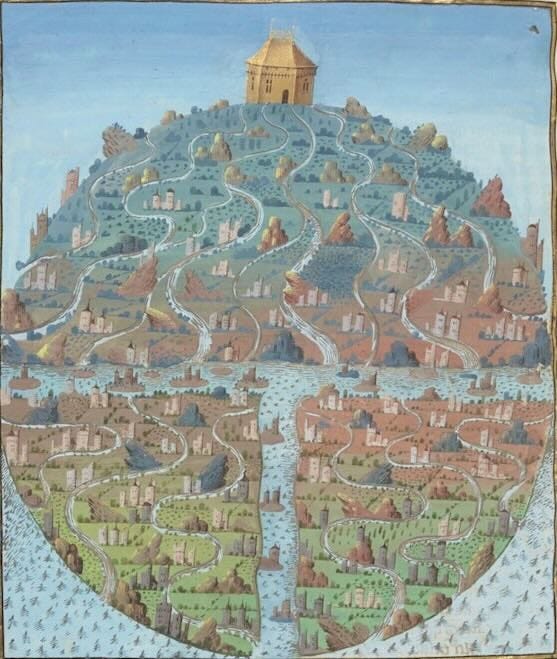

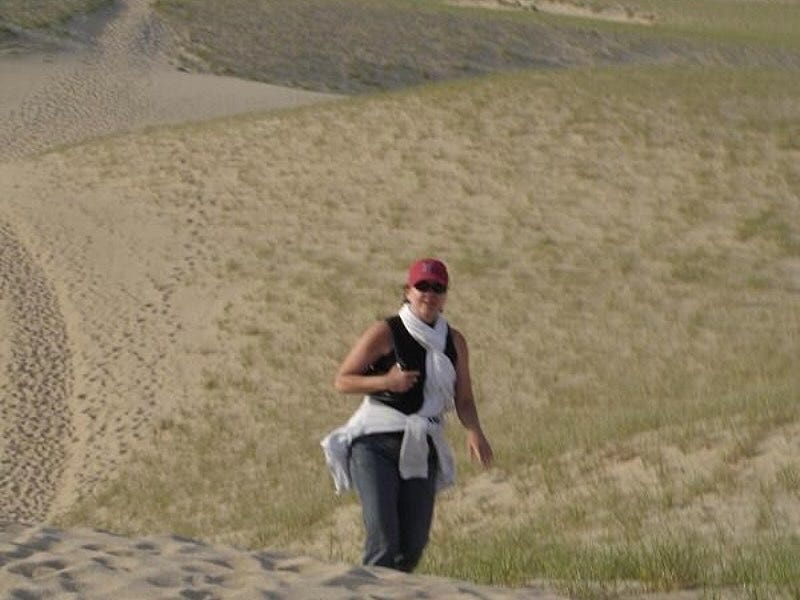
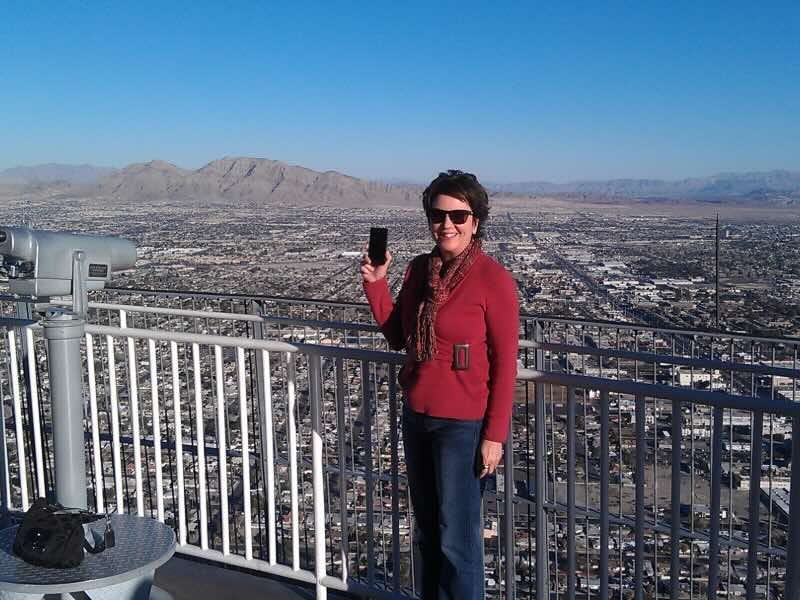
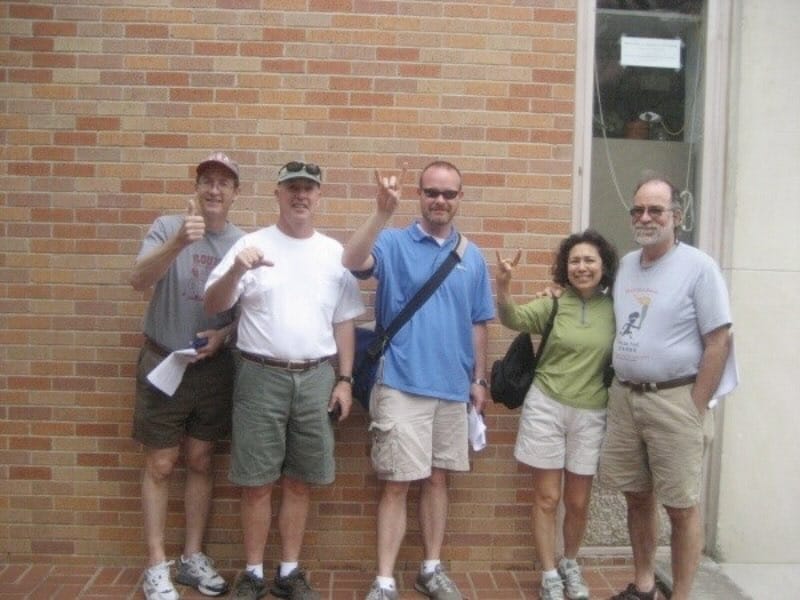
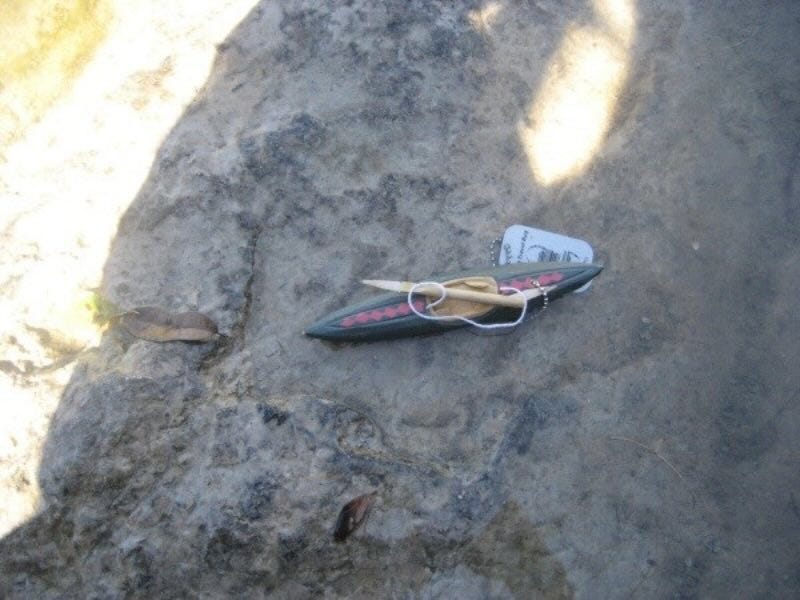
OMG was that an adventure in the Provincetown dunes….. just as I was saying,” We are never going to find this,” I found the hidden treasure!
👏 👍 😁 Patti